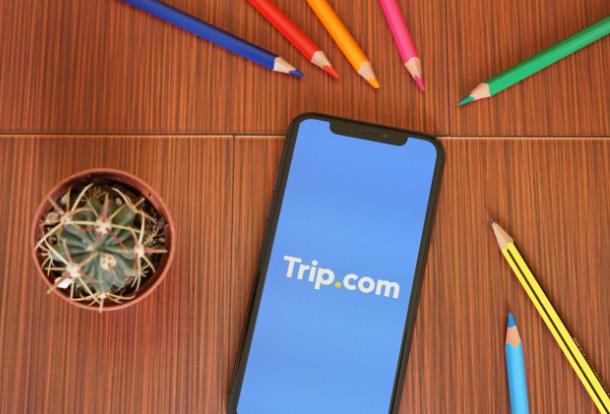Data is everywhere in travel. In every activity that guests do before, during and after their stay, they leave traces of data like footprints on the sand. Once gathered together, it will give you a holistic view of your customer – from what inspired them to book, what other rooms or dates they looked at, their preferences, up to hotel services or amenities they used.
An average guest interacts with dozens of touchpoints and booking is hardly linear. Data is valuable for hotels as it can be used in making informed decisions to improve various aspects of hotel operations. However, if one guest interacts with dozens of touchpoints, imagine the size of data if expanded to multiple guests in several properties. The amount of data is enormous. Therefore, the challenge is how to pool all of the data logged by your customer. This is where a Customer Data Platform (CDP) comes in.
What is CDP?
There are several travel technologies that promise to collect data and to be a central hub database; but in reality, there has not been one platform that brings together all data and arranges them in a way that is useful for the hotel or travel companies. After all, a lump of data is nothing if they are not structured and interpreted.
CDP is a software that takes all data from various sources, such as website, email, social media, CRM, DMP, and more, and organises them in a format that can be shared within the whole enterprise, so it can be used in a variety of ways. The main aim of CDP is to create a 360-degree customer profile.
Here are some of the key benefits of a Customer Data Platform that will effectively manage the massive data of hotels:
Know your customer
Using CDP, hotels can collect different types of customer data such as identity (name, profession, demographics), descriptive data (family and lifestyle), behavioural data (online activity and query details), and qualitative data (motivation and attitude).
All of these data create a customer profile and transform them into actionable guest insight that will open new opportunities for improvement and revenue.
Avoid data silos
When the company is too big like hotel groups or when technology cannot keep up, data silos are inevitable, which happens when data is available to one department but isolated from the rest of the organisation. Silos are not good as they create a less collaborative environment and affect the overall productivity.
CDP can help eliminate these data silos by acting as a catch-all for customer data and make it accessible to everyone.
Personalise service
When people rate an experience, it is based on whether they had the best or worst time. To put it bluntly, any hotel can provide a roof over your head, it is the personalised service that makes the guests feel special and makes a brand stand out. Armed with useful data, hotels can easily create memorable moments for their guests making them repeat customers. CDP provides you with the information that you could use to go the extra mile for your guests’ stay.
Data-driven marketing
CDP builds customer profiles that enable hotels to improve messages and offers and promote them on appropriate channels at the right time making your marketing efforts more effective. With consolidated and structured data giving a 360-degree view of your customers, it will inspire effective marketing strategies saving the hotel time and money. Moreover, CDP equips you to manage your customer relationships and market with your audience in mind, accurately and effectively.
Make informed business strategies
Every department in the company needs access to customer data in some form – marketing needs data to create campaigns; sales team needs data to close deals; operations need data to serve customers better. CDP is the technology that makes it possible to collect customer data across sources.
Cendyn has launched its new generation customer data platform, Starling, which unites, transforms, cleanses, and enriches millions of data points from all your technology solutions. It is not an exaggeration when it said that it is the central source of truth across internal and external applications.
With flexible and agile open APIs, you can connect any data source to the platform to customize the data flow that suits your needs. Starling also gives you the ability to take control of your data and keep guests at the heart of what you do. The way Starling handles data enables you to personalise every touchpoint in your guest’s journey.
Read original article




